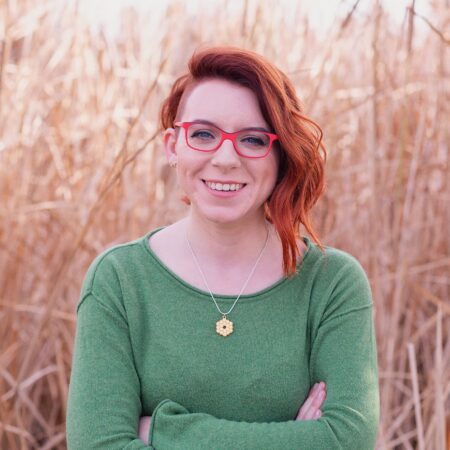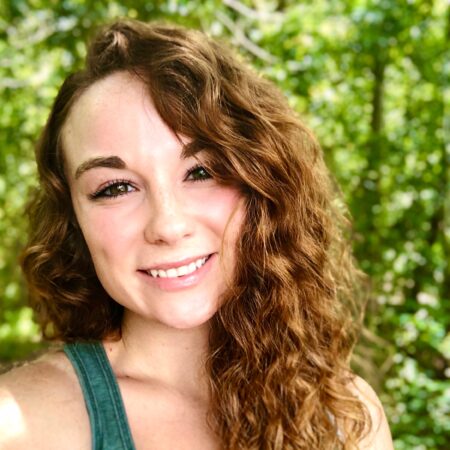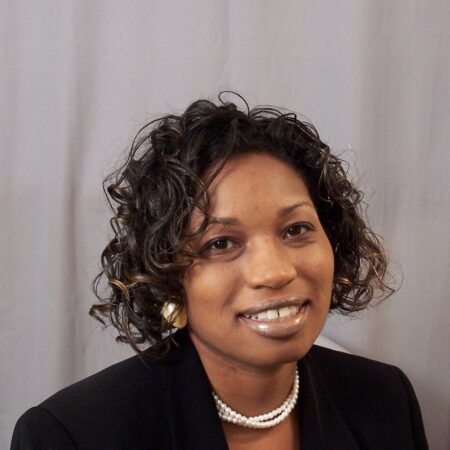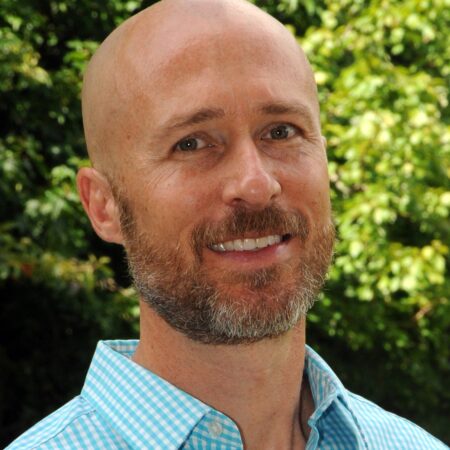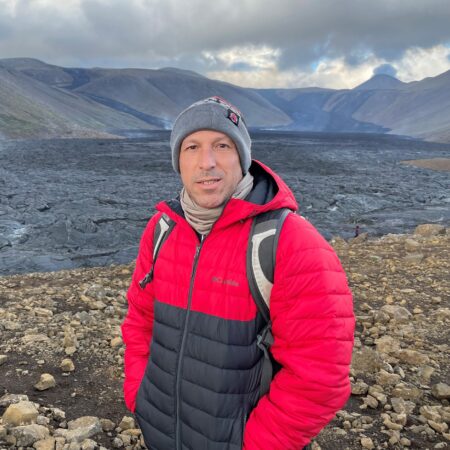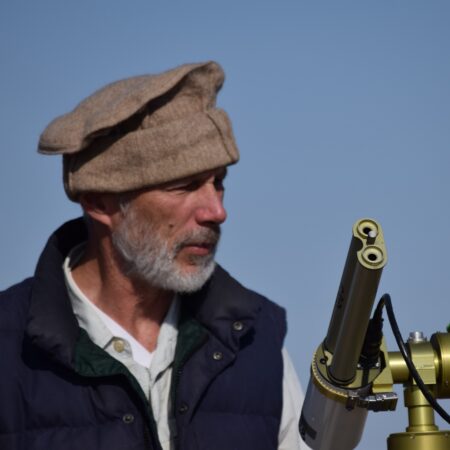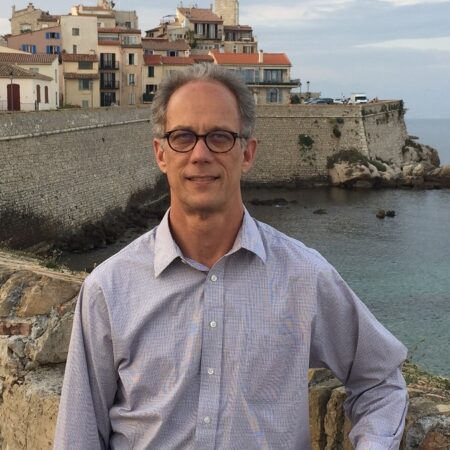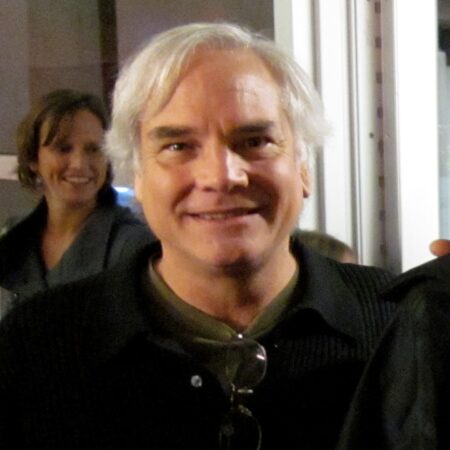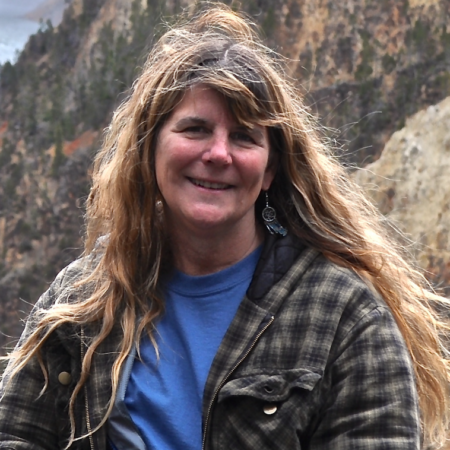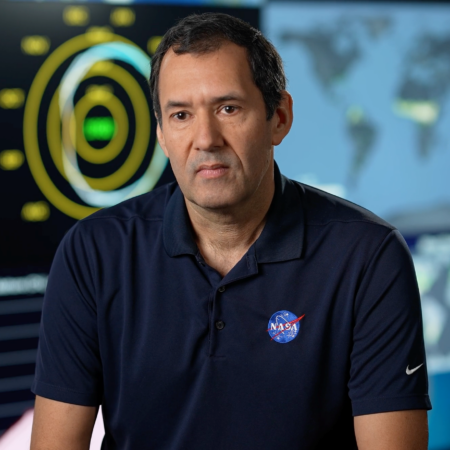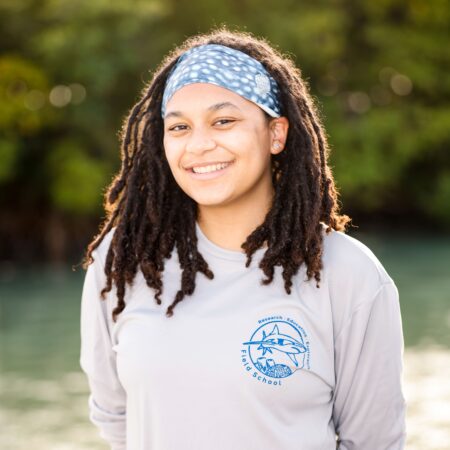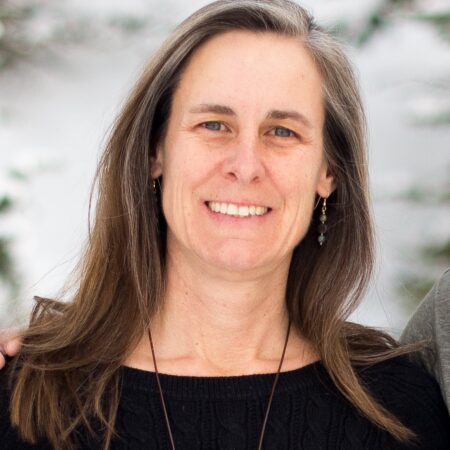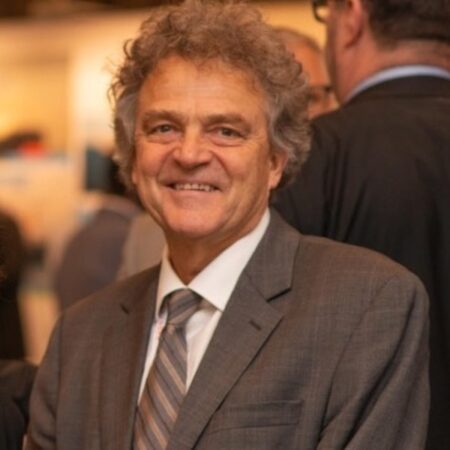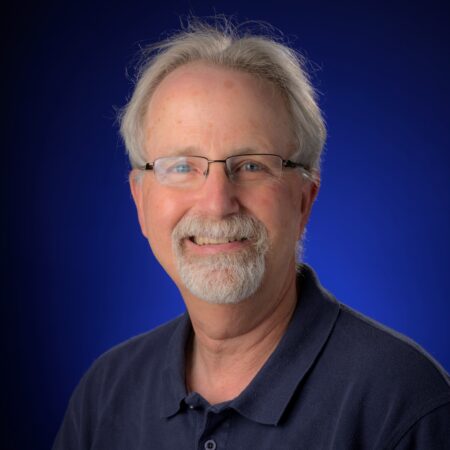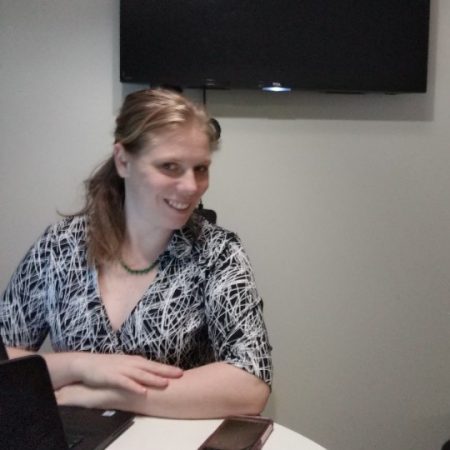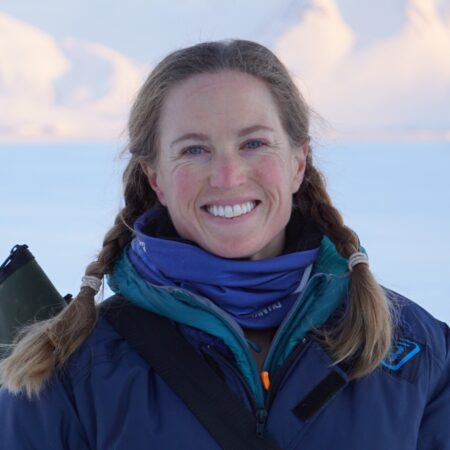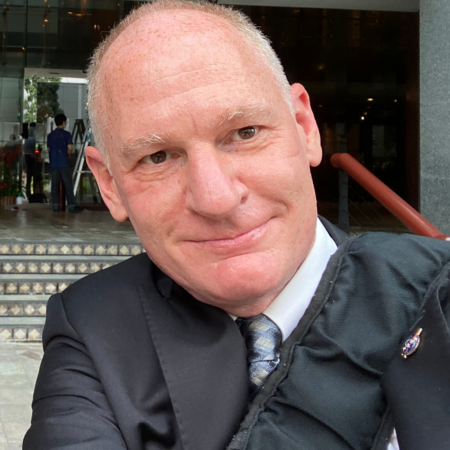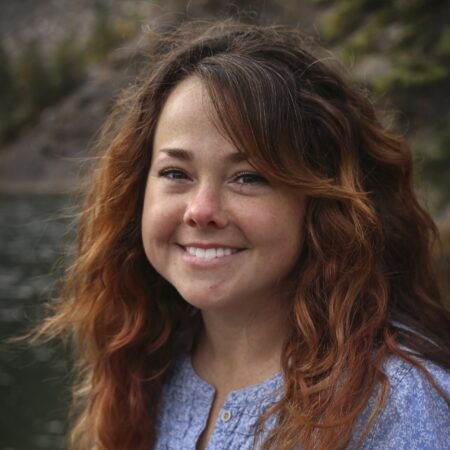Refine
Date Range Clear
Recorded by Clear
Keywords Clear
Partnerships Clear
Organizations Clear
Places Clear
Languages Clear
Initiatives Clear
Tanya Harrison never thought she was going to be an astronaut. But she was determined to go to space. And she did just that – through satellites, first to Mars, and now looking back at our own third rock from...
Gina Zwicky love lizards. And frogs. And turtles. Basically, all sorts of amphibians and reptiles. The love has turned into a career looking at how lizards fight off parasites and how those parasites evolve to be, well, better parasites. And...

Cynthia Hoffman (59) interviews her colleague Michael Gaglio (48) about Michael’s work in environmental preservation, being on the board of the nonprofit The Frontera Land Alliance, and their hopes for the organization for the future.
Trena Ferrell’s story with NASA all started with an email requesting an in class visit for her students. Now as a Public Outreach Lead for NASA, she sits down with us to talk about the importance of STEAM (emphasis on...
Being a Hydrologist was never on Matthew Rodell’s radar, let alone working for NASA. But he always trusted the path ahead. Now as their Deputy Director of Earth Sciences for Hydrosphere, Biosphere, and Geophysics (HGB) at Goddard Space Flight Center,...
Peter Falcon is an Earth Science communications specialist at NASA’s Jet Propulsion Laboratory with an atypical background: behavioral science. As a communications specialist, Peter acts as a liaison between NASA projects – such as the CloudSat program – and students,...
With over thirty-years of experience in aerosol research as a Project Leader on NASA’s AERONET program, retired NASA scientist Brent Holben knows his way around those finer details. Now three-months into his retirement, Brent walks us through his adventurous world-trotting...
Growing up in Chicago, Gary Jedlovec dreamed of running his own weather station and becoming the next great TV weather forecaster. However, that all changed when he discovered meteorological research. Now well into his career as the Chief of the...
Jeffrey Myers knows his way around aerial photogrammetry. As a former lead manager at the Airborne Sensor Facility at NASA’s Ames Research Center, Jeffrey’s work with data collection and earth mapping has been affiliated with NASA’s U-2 program, MODIS, and...
Dorian Janney is a science communicator for NASA asking the big question: how do we make science accessible? Sparked into Earth Space Science through her son’s curiosity with space, we talk to Dorian on how her journey as an educator...
As the Scientific Visualization lead for NASA’s Goddard Space Flight Center, Mark SubbaRao oversees the translation of NASA science into images and movies. For Mark, science visualization is a key communication tool that allows the public to interact and explore...
Jaida Elcock says she thrives in chaos. And we’re inclined to believe her. From her ridiculously entertaining TikToks on animal facts, to her work with the non-profit Minorities in Shark Sciences (oh, did we mention she’s currently pursuing her Ph.D.),...
When it comes to data archiving, Michele Thornton has you covered. As a Geospatial Data Professional for ORNL-DAAC, Michele ensures that NASA funded research is accessible not only to researchers out in the field but to a larger user community...
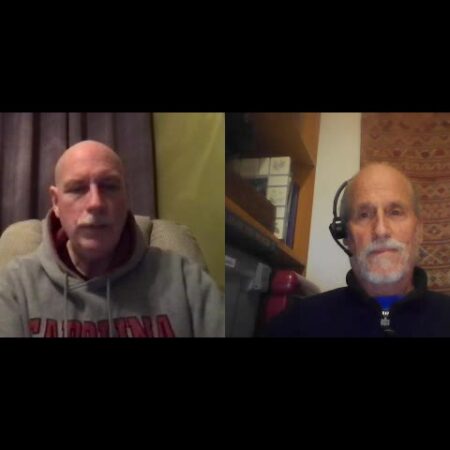
One Small Step conversation partners Eric Knudtson (69) and Greg Gustin (59) have a conversation about their family backgrounds, faith, and values that have shaped their lives. They find common ground despite differences in their beliefs.
Chris Justice is a geographer and professor at the University of Maryland whose research on land use changes and global agriculture has taken him around the world. His research has had a hand in a variety of NASA programs, including...
His application to be an astronaut may have been turned down, but Paul Hertz is playing a big role in helping us understand how the universe works as the Director of Astrophysics at NASA. He found his passion for astrophysics...
We talked about AGU's Centennial celebration.
Pacifica Sommers is an ecologist and explorer. From the deserts of Arizona to the Antarctic tundra, Pacifica has looked at how organisms from tardigrades to pocket mice live in extreme environments. We talked with her about some of the most...
When Christa Peters-Lidard cold-called the head of NASA’s hydrology lab as an undergrad, she wasn’t thinking she’d eventually land that very position. Now as the Acting Director for Sciences and Exploration at NASA’s Goddard Space Flight Center, Christa oversees several...
As a Program Manager for NASA Headquarters Earth Science Division, Barry Lefer helps fund important global research and field campaigns that are measuring air quality and greenhouse gases. And judging by these studies, Barry thinks the future is looking good!...
Ashley Lindalia Walker is the founder for #BlackInAstro, co-founder and media liaison for #BlackInChem, and co-founder of #BlackInPhysics. Oh, and she's getting her Ph.D in astrochemistry. We discussed her work advocating for black scientists and academics, what inspired her career...
Emily Williams has traveled the world in search of birds. As a biologist, she’s worked in Kansas, Argentina, Australia, and Denali, and studied loons, flycatchers, kingbirds, and more. And even with all these experiences and diverse species interactions, she’s now...
